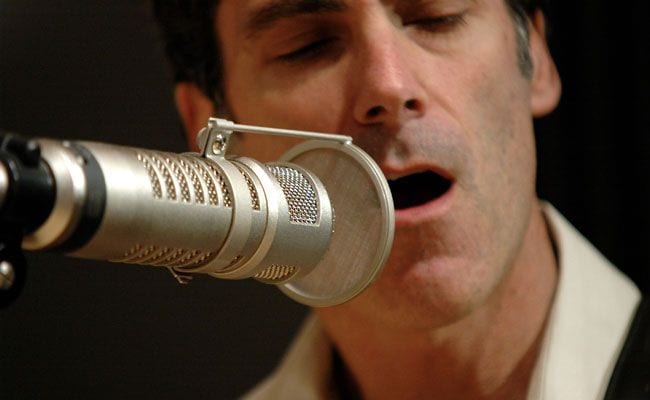
Soul man Dave Keller recorded half of his latest disc in Memphis with the Hi Rhythm Section plus Stax aces Bobby Manuel and Lester Snell. The other half was recorded in Brooklyn and features The Revelations. Keller handles the lead vocals and guitar solos and is backed by horn sections and additional vocalists on both the Tennessee and New York sessions. Comparing the two parts might be a way to see what location today has the most soul, but the balance is thrown off by the fact that Keller performs his own compositions on the Memphis portion, and a handful of soul chestnuts on the Brooklyn side.
So instead, Keller’s limitations as a songwriter stand out. That’s no crime when balanced against the work of such masters as Smokey Robinson and Eddie Levert, but you have to wonder about the strategy of releasing these sections consecutively. Keller’s no karaoke machine. He makes the older songs, such as The Patterson Twins’ “Back in Love Again”, into something sweet and natural. His honeyed-and-whiskeyed voice makes him sound like a man who has known hurt and found redemption in the arms of a new woman. Keller understands when to shout for joy and when to intone more softly to show his new found happiness.
The same is true for his rendition of the O’Jays’ “It’s Too Strong”. He lets the horns do the heavy lifting as he lets his voice create the ambiance. The love may be too strong and leave Keller weakened, but his pained vocals suggest that socking it to him hurts so damn good. Brooklyn’s Revelations capture the classic soul sound on both tracks for first-class effect.
But the Memphis musicians create deeper and richer accompaniment for Keller. They are especially good at stopping on a dime and letting Keller’s voice begin in during a song for effect on tunes like “I Wish We’d Kiss” and “Searchin’ For a Sign”. The timing of the instrumentation allows Keller to lead, and as they are playing his material, he inhabits the songs more than just sings them. As a whole, the original tracks seem reminiscent of classic soul material from the late sixties. One can hear echoes of old Memphis hits in the words and arrangements.
Originality can be overrated. Keller evokes the period when soul stood for something real, unlike the polished confections of pop. The love it referred to was physical instead of merely spiritual. Keller captures the corporeal aspect of it all in his guitar playing as well as his voice. He strums hard, even when talking about peaceful feelings. This yields an intensity to the music.
Soul Changes should please fans of that old time sound, but its connections to the past will limit its mainstream values. One has the sensation that one has heard these songs before, even the new ones. As a result, the album will be compared with the original music from the era. In an era where the works of O.V. Wright, Otis Redding, and Percy Sledge are available at the push of a button, it is hard for a new voice to be heard no matter how sincere it may be.


![Call for Papers: All Things Reconsidered [MUSIC] May-August 2024](https://www.popmatters.com/wp-content/uploads/2024/04/all-things-reconsidered-call-music-may-2024-720x380.jpg)



